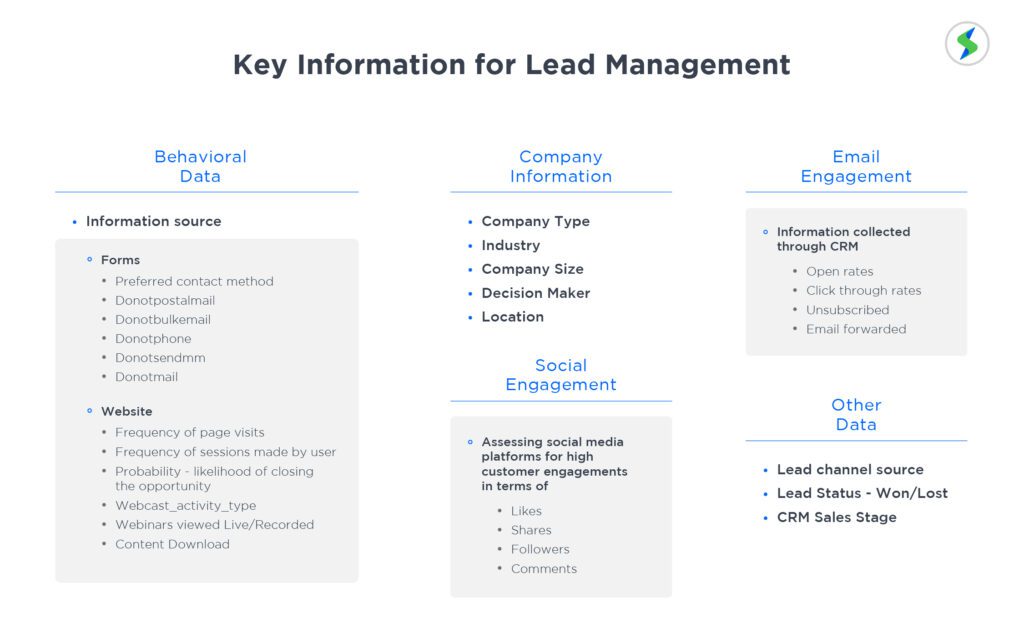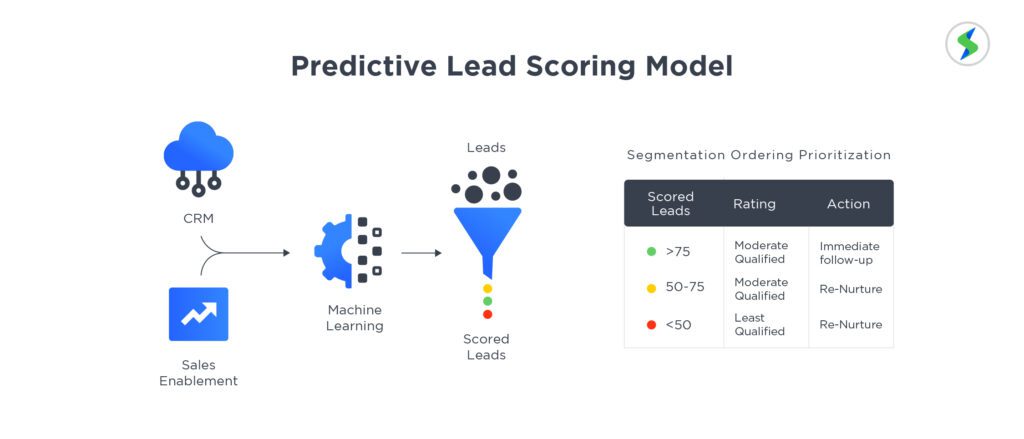
Personalizing Customer Experience with Data-Driven Omnichannel Marketing Analytics
Marketing strategies and methodologies to convert data into genuine business value
Nowadays, many marketers are faced with the challenge of keeping customer data secure and dealing with the increased cost, time and complexity aggregating data. The complexity deepens trying to achieve a true 360-degree customer view that optimizes their marketing efforts and improves the customer journey.
Consider:
- More than half (52%) of consumers and business buyers expect offers to always be personalized and 66% expect organizations to understand their personal needs.
- According to Gartner, the inability to convert data into business value is among the top three impediments to an analytics team’s success.
- 53% of marketers have moved to adopting business and marketing intelligence platforms, while others lack the necessary insights to improve return on investment (ROI).
Now, let’s explore the methodologies that can lead to a more personalized experience for your customer through data-driven insights for enterprise data management. This can be achieved through data integration with real-time, automated insights, lead management and predictive lead scoring.
Here are the top 3 methodologies for improving customer experience with omnichannel marketing data analytics.

1. Data Integration and Real-Time, Automated Insights
Integrating data from multiple marketing channels in real time allows marketers to take a holistic approach for campaign analysis.
Marketing automation is critical for ensuring data flows through different channels, without any manual intervention to help democratize data apart from eradicating human error. It also helps alignment from key stakeholders on KPIs, including visualization for data-driven omnichannel marketing strategies.
How can you maximize the value of data integration and real time insights? Omnichannel marketing analytics supplies automated insights so you can optimize campaigns, target the right audiences and get a complete view of customer interactions. These are explained in detail below.
- Campaign optimization. Most organizations run campaigns across all channels, such as digital media, direct mail, physical media and email. The ability to consolidate the outcomes of a campaign and view omnichannel performance within a matter of minutes helps your marketing team understand several key parameters, such as format, content and messaging, and optimizing performance.
- Target audiences. With real-time data insights, marketers can target highly relevant audiences. Understanding your customer demographics, such as location, gender, interests, etc., in an automated way helps achieve a 360-degree view of your customer. This enables you to run campaigns using targeted segments defined by the insights and improve KPIs, such as conversion rate and ROI.
- Complete view of customer interactions. A holistic view of your customer helps you understand key aspects of customer interaction and behavior, such as the next most likely product your customer’s interested in purchasing. Based on past purchases, you can deliver the next promotion or offer that gets your customer’s attention. You can also learn who your most valuable customers are based on lifetime value with your brand. And discover those at risk of abandoning your brand based on the time since their last engagement.
All this helps you define marketing strategies to build healthy lifetime value for your customers.
2. Lead Management
Data-driven marketing analytics allows marketers to personalize their approach as they nurture leads and increase conversion rates. Sales teams also can benefit from a data-driven lead management approach, which simplifies the lead nurturing process. And it helps focus the team’s energy on leads with the highest conversion.
Some key information vital for lead management and lead scoring used for predictive modeling is shown below in Fig 1.

3. Predictive Analytics
Digital transformations have made predictive analytics possible. Marketers can analyze trends and make more informed decisions. An example workflow of what a predictive score model looks like is shown below in Fig 2.

The process is driven by an automated consolidation of data from your sales and customer relationship management (CRM) systems. Machine learning is applied to understand the data fields. Statistical analysis and other methodologies are used before assigning a predictive score to enable segmentation-based prioritization.
Conclusion
According to research conducted by Forrester, 55% of organizations believe technology limitations inhibit their ability to execute personalization strategies. And 57% are handcuffed by siloed and disconnected approaches, which are multiple personalization strategies independently created and managed by individual departments or teams.
So, while there’s no shortage of data without a centralized intelligent platform, turning data into actionable insights, organizations are still challenged to fully understand their customers.
Trusted data analytics solutions providers like System Soft Technologies recommend you stop spending time and resources on fragmented strategies to see what sticks. With personalization, your organization can better target the right leads and deliver a highly customized experience that increases sales, improves ROAS and helps build authentic relationships.
System Soft’s LensIQ, powered by Elysium Analytics, is a cloud-native, SaaS application, which allows you to achieve an enterprise-wide, strategic view of your overall marketing performance. This view is across all channels and improves your customer journey with targeted decision-making insights.
Sign up for a free trial of LensIQ. Then, start converting your marketing data to genuine business value.
About the Author: Krishna Kolluru

Krishna is Director of Marketing Technology and Strategy at System Soft Technologies. He has deep experience in business analytics, marketing, development and product management. He’s also a cross-functional collaborator, bridging gaps in understanding between technical and non-technical stakeholders and enabling data-driven decision-making. As an analytics and personalization expert, he’s presented at various industry summits and has a reputation for solving complex client problems with creative and out-of-the-box solutions.


